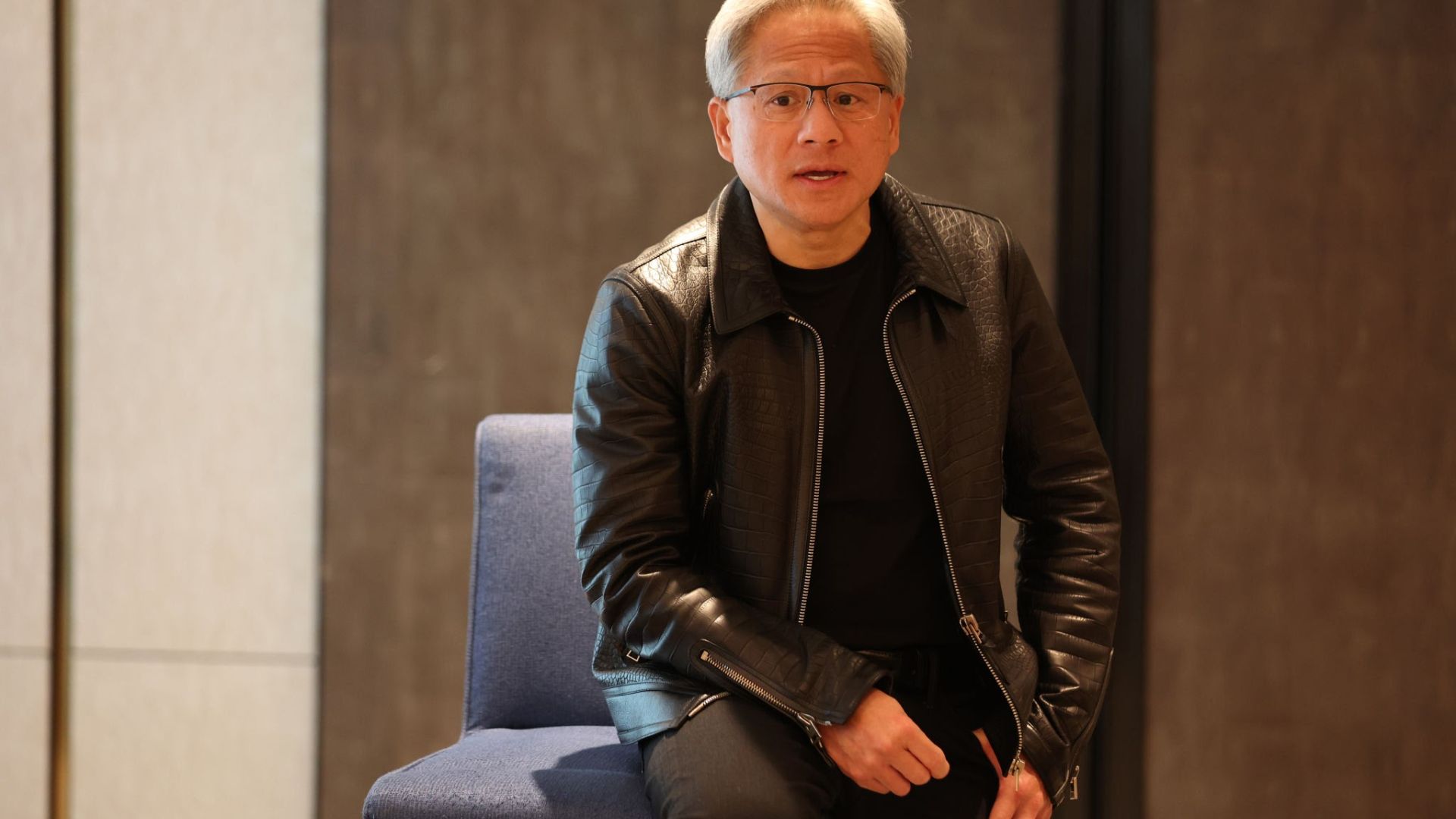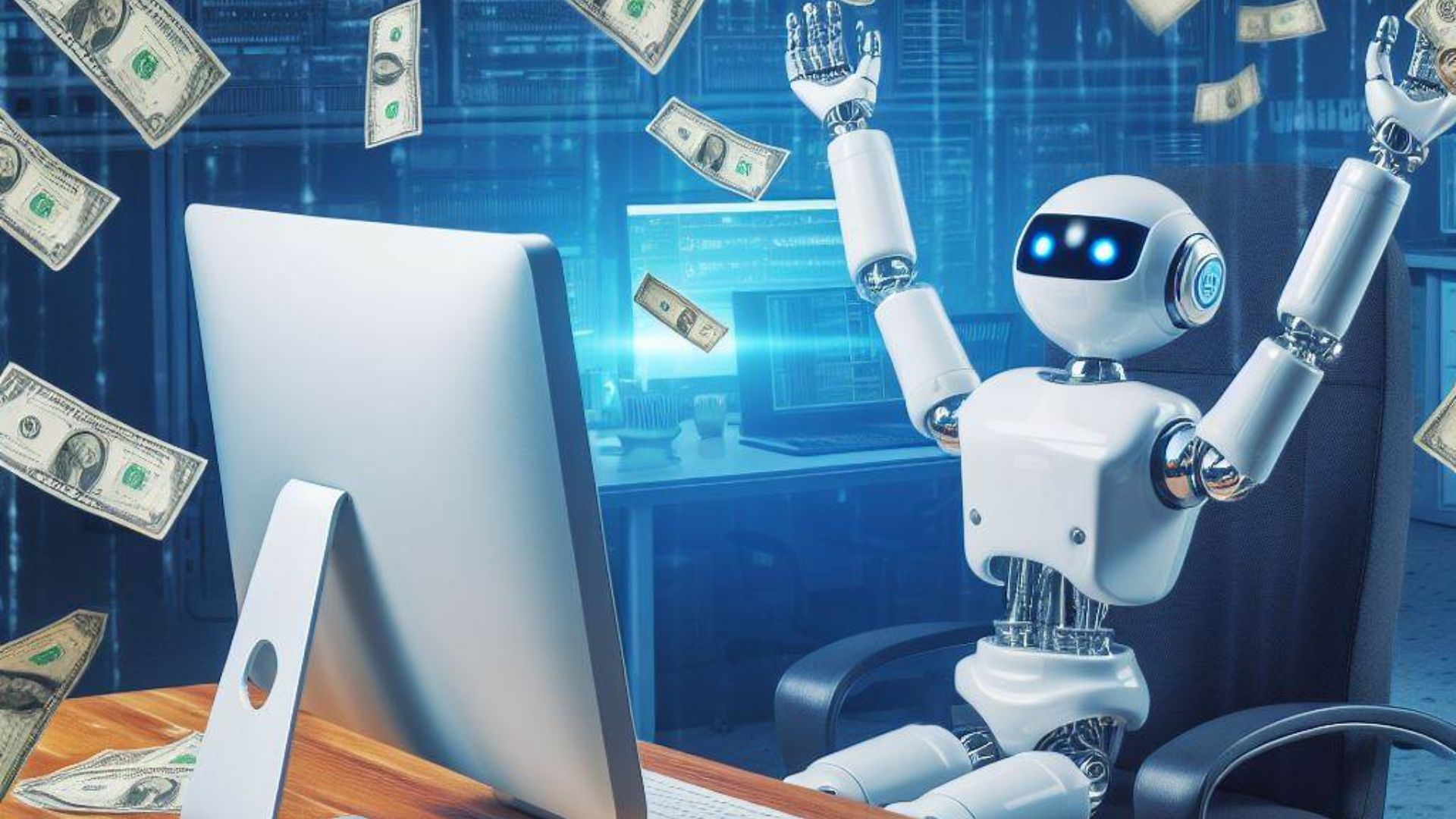
What you need to know
- NVIDIA CEO Jensen Huang foresees a future with agentic AI systems with reasoning capabilities being embraced as "employees" in companies.
- Unlike current AI models, Huang says future models will be 'multi-shot' and be able to handle complex tasks.
- Such scenarios continue to brew controversy and fear over the rapid growth and adoption of AI and what it means for job security in the future.
With the rapid advancement of AI, many people are concerned about their job security. Microsoft's latest Work Trend Report claims AI is creating jobs, contrary to the popular opinion that it's claiming jobs.
However, executives have blatantly expressed their reservations about recruiting potential employees without an AI aptitude. Consequently, there's been "a 142x increase in LinkedIn members adding AI skills like Copilot and ChatGPT to their profiles."
NVIDIA CEO Jensen Huang has interesting sentiments and contributions about this specific topic. First, the CEO indicated coding might be dead in the water as a career option with the prevalence of AI. He added that the next generation is better off exploring alternative career options in biology, education, manufacturing, or farming as coding will be rendered obsolete soon.
Jensen Huang says reasoning, planning and tool-using AIs are on the way and these AI agents will be used as employees in companies from r/OpenAI
Huang predicts we're on the verge of the next wave of AI with self-driving cars and humanoid robots at the frontline. He describes current AI models and systems as "one-shot." For context, this is when you prompt or ask a chatbot to do something, and it generates a text-based response.
Interestingly, Huang envisions a future with more capable AI models. "AI will be multi-shot," he added.
In the future, AI will be multi-shot. It will be a reasoning-based systems, just as we plan through various complicated scenarios, it will do some planning itself. And so you're gonna have fast-thinking AIs like we currently have. You're gonna have multi-step reasoning AIs, that will be coming along. These types of AIs will increasingly become agentic.
NVIDIA CEO, Jensen Huang
What are agentic AIs?

As NVIDIA CEO Jensen Huang briefly describes the futurist phenomenon, 'agentic AIs' will use tools and work with other AIs with privileged access to information. Huang foresees a future where AI will be like employees in a company.
He adds that these AI systems will work with other systems from other companies, serving as specialists, consulting agents, and generalist AIs.
As expected, AI continues to claim more jobs. In a separate report, 54% of banking jobs could be automated, rendering professionals in the affected fields redundant. But we're slowly learning AI isn't perfect either. Multiple publications that adopted AI systems to replace reporters as a tactical move to cut costs are now rehiring writers to fix AI-generated mistakes but for less pay.
OpenAI CTO Mira Murati recently discussed the effects of AI on the job market. Murati admitted the technology is claiming jobs and automating redundant and repetitive tasks. "Some creative jobs maybe will go away. But maybe they shouldn't have been there in the first place — you know, if the content that comes out of it is not very high quality," added Murati.
Upskill seems like a popular way of ensuring you secure your job while maintaining your relevance in a company. Architects and interior designers could be among the first professionals on AI's chopping block as Image Creator from Designer and ChatGPT can generate complex and sophisticated structural designs. However, the tools fail at simple tasks like creating a plain white image.







